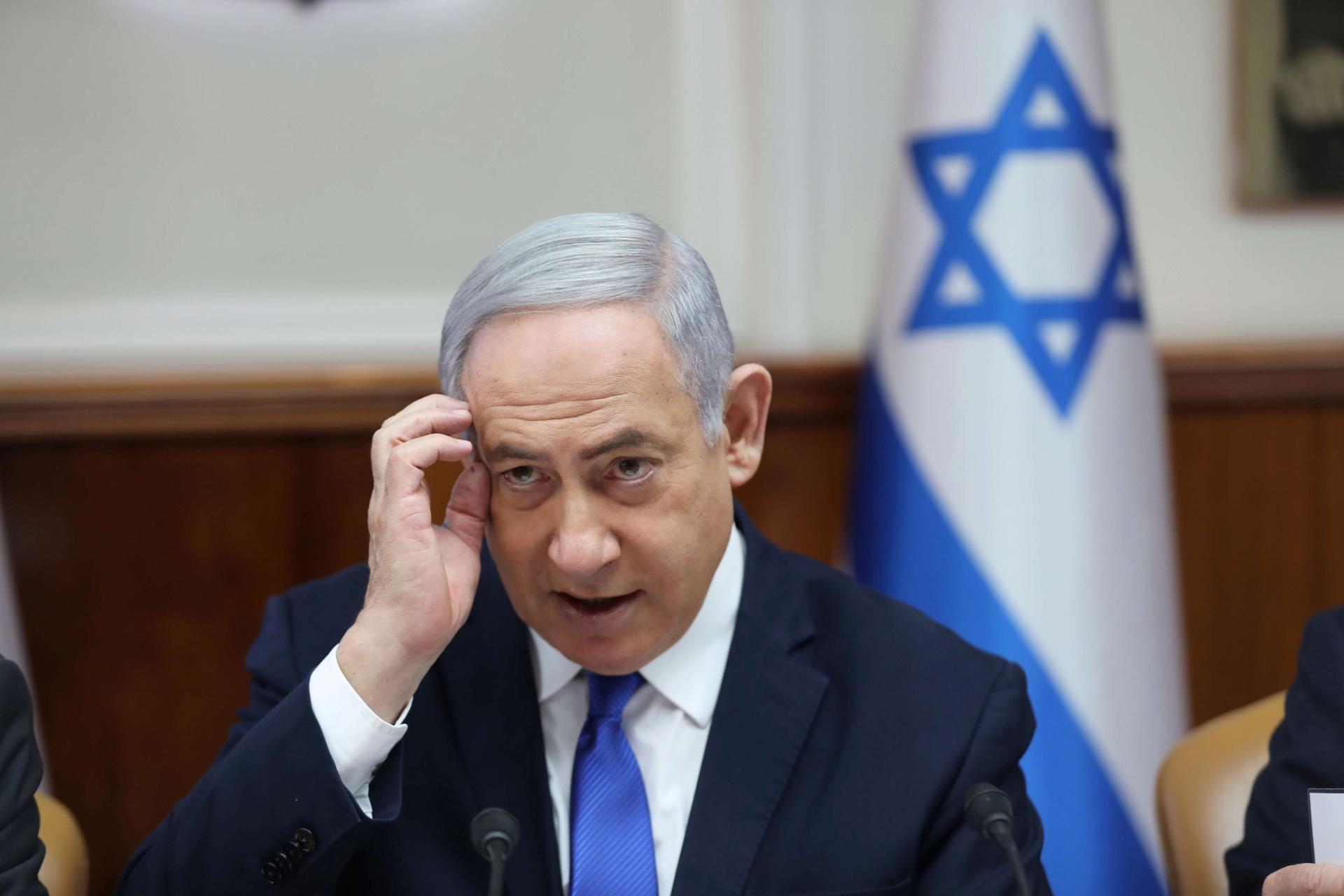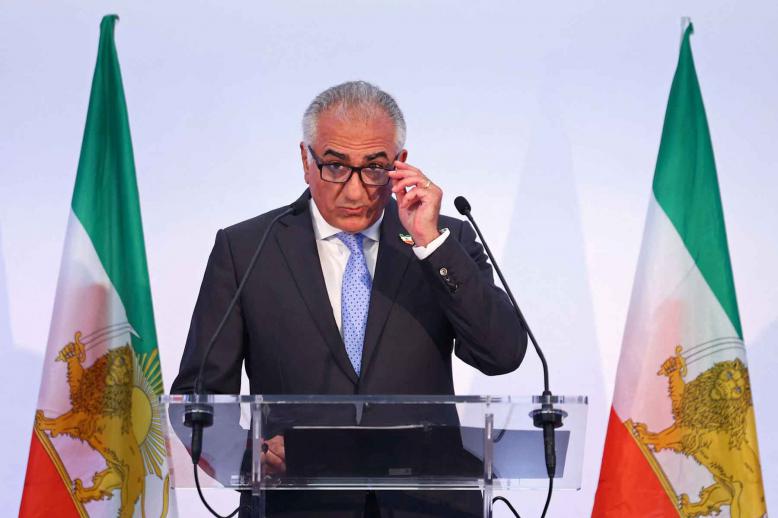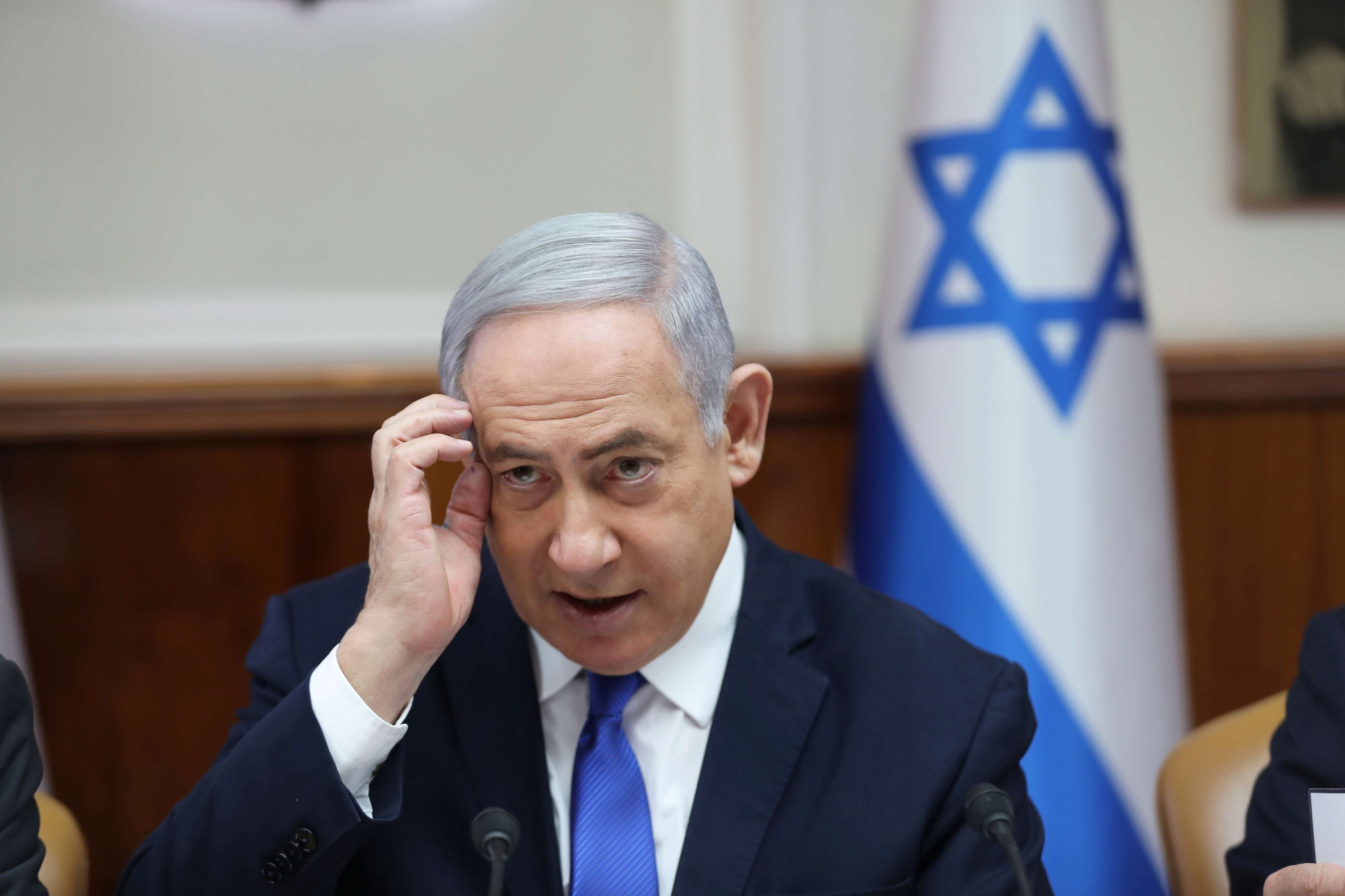Israeli MPs to start immunity debate in blow to Netanyahu
JERUSALEM - The Knesset’s legal advisor has said on Sunday that the house speaker cannot prevent a committee from convening on Prime Minister Benjamin Netanyahu’s immunity request, with most lawmakers expected to vote against the premier.
The PM lodged his appeal earlier this month in a move many consider a bid to delay court proceedings and keep the premier’s legal woes far from the public eye until after March 2nd elections.
Knesset Speaker and Likud party member Yuli Edelstein, bound by legal advisor Eyal Yinon’s expert opinion, announced that he will not veto the creation of the Knesset House Committee, despite his and Netanyahz’s efforts.
He also vowed to prevent the Knesset from becoming ‘the site of cheap election propaganda’, which could come as a sign that the speaker plans to create further hurdles to hinder hearings.
The committee could meet as early as Monday to discuss Netanyahu’s immunity in three corruption cases against him, where 65 of 120 lawmakers are expected to shoot down the proposal, after which his indictment will be officially submitted to the Jerusalem High Court.
Netanyahu’s biggest rival for premiership, the Blue and White party’s Benny Gantz, vowed to prevent his foe from evading justice.
"I never imagined that we would see the day that the prime minister of Israel would avoid standing before the law and the justice system," he said.
The right-wing Yisrael Beiteinu party leader Avigdor Lieberman, who formerly served as Defence Minister in Netanyahu’s government, also announced that his party would vote against the immunity request.
Jewels, Cigars and Champagne
The Likud leader announced his appeal for immunity in a televised speech on January 1st, where he continued to pedal the case against him as a ‘witch hunt’.
"I will come to court and quash all the ridiculous libels against me," Netanyahu said.
"The immunity law is intended to protect elected officials from manufactured cases, and guarantee that those elected by the people can serve the people according to their will and not the will of the legal officials."
Netanyahu is accused of bribing media moguls for favourable press and expensive gifts in return.
In one case he allegedly received over $200,000 in illegal gifts such as jewellery, cigars and champagne from a Hollywood producer and an Australian billionaire.
In another more serious case, the PM allegedly helped telecom company the Bezeq Group by promoting regulation that benefited them in exchange for positive press on news website Walla! News, run by one of the company’s subsidiaries.
Netanyahu’s power over the news outlet over a five year period is said to have been so great that he went as far as contributing to the hiring of reporters.
Elections….again
On top of the premier’s legal problems, in March he faces his third election in one year after votes in April and September 2019 saw his Likud party unable to break the deadlock with centrist rivals Blue and White, who have enjoyed every minute of the PM's recent grilling.
In another blow to Israel’s longest serving leader, left-wing Meretz and Labor-Gesher parties said Monday they had joined forces ahead of March 2 elections, to boost their chances against his right wing base.
Given the deadlock between the Jewish State’s two major blocs, smaller players could prove vital in post-election coalition talks.
"Peretz and Horowitz stressed the message of union and hope of political change which will be at the social heart and the political direction of the next government after the end of the Netanyahu era," they said in a joint statement.
Netanyahu has refused to step down in face of the attorney general’s charges, which is within his legal right.
Under Israeli law, a sitting prime minister is only required to step down once convicted of an offence and after all avenues of appeal have been exhausted.






